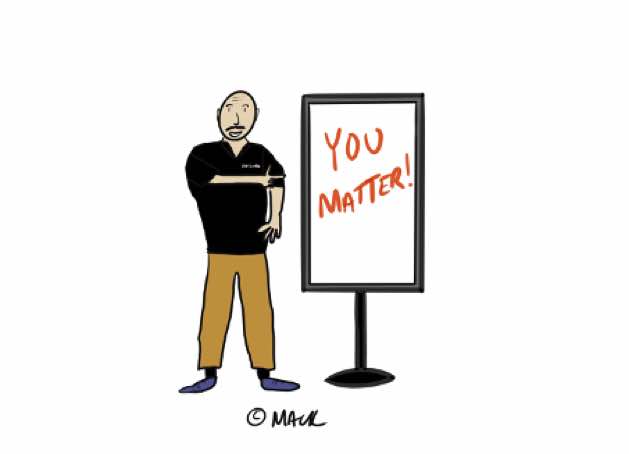 In the 1920s, shortly after prohibition was passed, organized crime seized the opportunity to profit off of the sale of illegal alcohol. The most notorious of all criminals from this era was Al Capone.
In the 1920s, shortly after prohibition was passed, organized crime seized the opportunity to profit off of the sale of illegal alcohol. The most notorious of all criminals from this era was Al Capone.
Capone was a gregarious, popular figure and ran his organization just barely below the surface of legitimacy. While the police and FBI wanted him locked up, the public loved him. He received standing ovations at baseball games and most looked to him as a modern-day Robin Hood. Frustrated that their efforts to arrest Capone weren’t working, law enforcement began looking for any way to trip him up.
While most of us credit Elliot Ness for the capture of Capone, the real hero of the story was one we might have never expected. Since law enforcement came up empty looking at physical evidence, Treasury Department investigator Frank J. Wilson began examining Capone’s finances. Wilson was relentless. Elmer Irey, a colleague said that “Wilson fears nothing that walks. He will sit quietly looking at books 18 hours a day, seven days a week, forever, if he wants to find something in those books.”
Wilson was able to find the money trail and the evidence was enough to send Capone to prison. Although it was only for 11 years, it was enough to cripple Capone’s gang, and Capone himself died of complications from Syphilis six years after leaving prison.
I’m sure Capone would have preferred dying a glorious death in a shoot-out with the FBI to dying of an STD after prison, but the lesson here is that nobody is insignificant. In the end, it wasn’t a bullet that took Capone down, but a zealous investigator who did his job to the best of his ability.
It’s easy to believe, especially after a long day at work, that we’re insignificant. What we do only matters on a small scale, if at all, but Wilson shows us otherwise. Even though I’m sure none of you are currently investigating a criminal or terrorists or something significant, we all have talents and skills that are invaluable. How can you be ready to step up the day someone calls on you? Here are some suggestions:
- Find your talent. Look beyond just the job you’re doing for pay. Think about hobbies and social skills. What are you known for?
- Grow that talent. Maximize your strengths by taking more training, reading more books, and getting some coaching.
- Look for (and take) opportunities to use that talent. Without his tenacity, Wilson might just be a footnote in the history of the IRS, but he used every bit of what he had for good.
This week, think about how you can make an impact. Everybody matters. It’s up to us to find a way or a situation to prove that true.

